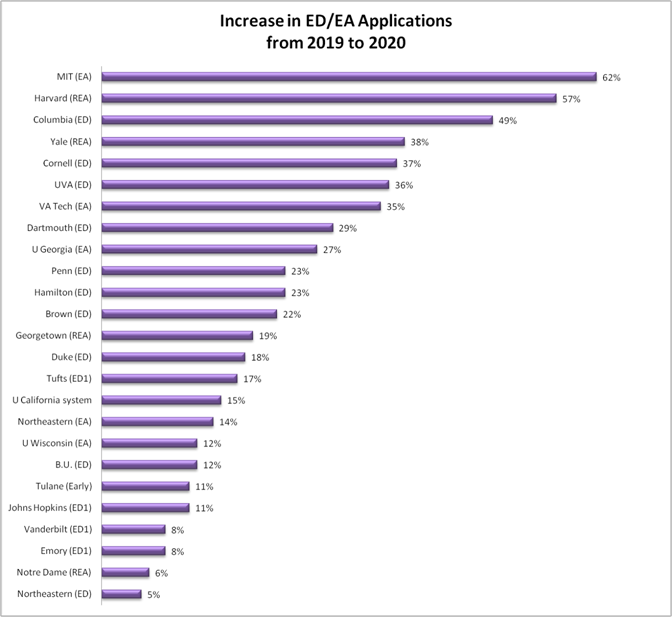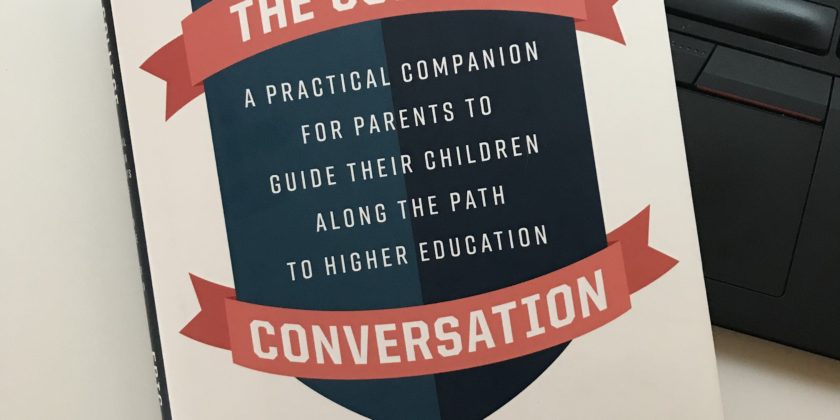January Action Plan – By Grade
Seniors:
- If you have RD applications due in mid-January that you did not submit, finish those up ASAP. The same goes for 2/1 deadline apps; there is no reason to wait!
-
The process of applying to college is not over after you press submit, so keep checking those online portals! Some schools require a mid-term grade report as noted on the application instructions (found online). It can be helpful to generate that list and let your school counselor know so it is sent as soon as grades are released. Also, many schools require it even after you have been admitted.
-
Grades are still important. Even one grade below your “normal” can be cause for concern; we’ve had students receive letters from schools after they had been admitted for a grade that “dipped” too far, threatening their admission could be taken away. Avoid this by maintaining your GPA.
- If you were deferred, work on your deferral letter this month and aim to send it mid-month.
- Thank everyone who helped you with your college process (especially your parents!), and take some time to enjoy what is left of high school between now and the rest of your admissions results.
Juniors:
- Testing. Once you are in prep-mode it is best to just keep going. The sooner you are finished testing, the sooner you can begin to finalize your college list. If you have a preliminary list, February break is a great time to visits colleges. Plan some visits.
- Confirm your summer plans. Next summer is a wonderful opportunity to do something really meaningful (and perhaps even fun!) that will help you tell your story to colleges.
- Start to think about your senior year schedule. Do you know what you will be taking? Your senior classes should be the most challenging of your four years.
- Resolve to check your email daily. Why? Colleges communicate with students via email. Most schools track whether you open emails and if you click through them; more engagement is seen as more interest (schools use interest in the admissions process). Make checking and engaging with any college-related email a habit in 2021.
Sophomores & Freshmen:
- Are you planning to take SAT subject tests in May or June? If so, come up with a prep plan now.
- An impressive academic record is the most important admissions factor at most colleges. Study hard.
- Speaking of courses, when do you pick your courses for 11th grade? Keep in mind you want to take a more rigorous course schedule each year.
- Now is the time to build your story for college! Have you gotten more involved with any of your extracurricular activities? Have you thought about what you might want to major in? A great place to start exploring your academic interests is Khan Academy.
- One way that your “story” is conveyed in your app is through your resume. Work on your resume now.
- Many 2021 summer program applications will open soon. Begin thinking about your plans for summer 2021 now so you can get ahead of deadlines and work on applications if needed.
- Replace one hour of social media, Netflix, or TV per week with time on Ted ED. Explore what intrigues you! Maybe it’s the history of cheese, particle physics, or what makes a poem a poem. Whatever you find interesting, take some time to be intentional about learning more in the new year!
*Stay in the know! Subscribe*









